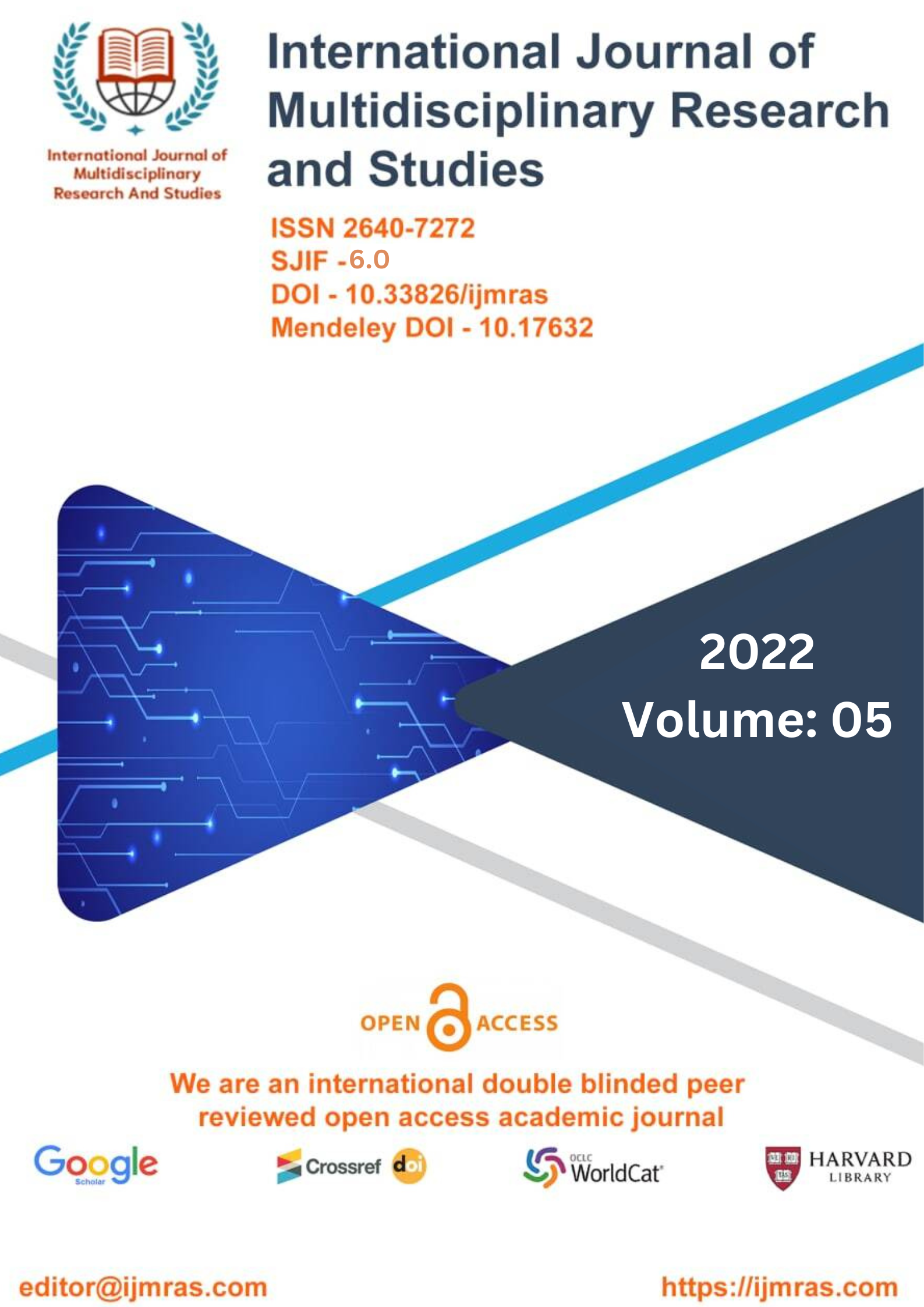In-Vitro and In-Vivo Assessment of Anti-Microbial Activity of Extracts of Chhota Chirayta and Lauki

Abstract
Medical microbiology studies illnesses caused by microorganisms, including viruses, bacteria, fungi, algae, and protozoa. Antimicrobial agents inhibit growth, while micro-biostatic agents prevent pathogen growth and aid defense mechanisms. Germicides, categorized by mode of action and administration, may show selective toxicity. They have the ability to destroy viruses, bacteria, algae, or fungi as viricides, bacteriocides, or fungicides. The goal of this study is to determine whether extracts from the plants Lauki (Lagenaria siceraria) and Chhota Chirayta (Swertia chirayita) have antimicrobial qualities. The traditional therapeutic use of these two plants dates back a long way and their possible anti-microbial qualities are highly intriguing when it comes to fighting infectious diseases. The purpose of the study is to evaluate and compare the anti-microbial activity of Lauki and Chhota Chirayta extracts against a variety of harmful bacteria both in vitro and in vivo. The outcomes of the in-vitro and in-vivo studies will offer insightful information about the anti-microbial properties of Lauki and Chhota Chirayta extracts, illuminating potential uses in complementary and alternative medicine. The results could lead to the creation of new treatment alternatives for infectious disorders, especially in areas where traditional herbal medicines are extensively used. This study deserves more investigation since it shows promise for using natural plant extracts as possible sources of anti-microbial chemicals in the fight against infectious diseases.
Keywords
Medical Microbiology, Chhota Chirayta Extracts, Traditional Therapeutic, Pathogen GrowthHow to Cite
References
Thayalini, T., V Thevanesam, V., Kathirgamanathar, S., & Gamage, T. M. (2012). Antibacterial activity and preliminary screening of phytochemicals of whole plant of Enicostemma littorale.
Shapoval, E.E.S; Silveria, S.M. Miranda, M.L. Alice, C.B. andHenriques, A.T. (1994). Evaluation of some pharmacological activities of Eugenia uniflora. J. of Ethanopharmacol. 44;136-142
Geethalakshmi, R., D.V.L. Sarada and Marimuthu, P. (2010). Evaluation of Antioxidant potentials of Trianthema decandraL. Asian J. of Biotechnology. 2 (4): 225-231
Sheriff, N., Sudarshana, M.S., Umesha, S. and Prasad, P. (2006). Antimicrobial activity of Rauvolfia tetra phyla and Physalisminima leaf and callus extracts. African Journal of Biotechnology 5: 946-950
Uphof, J. C. and Th. Weinheim (1959). An excellent and very comprehensive guide but it only gives very short descriptions of the uses without any details of how to utilize the plants. Not for the casual reader. Dictionary of Economic plants.
Moerman, D. (1998). Native American Ethnobotany Timber Press. Oregon. ISBN 0-88192-453-9. Very comprehensive but terse guide to the native uses of plants. Excellent bibliography, fully referenced to each plant, giving a pathway to further information. Not for the casual reader.
Desh pond e, J. R, A. A. Choudhari, M.R. Mishra, V. S. Meghre, S.G.Wadodkar and A. K. Dorle (2008). Beneficialeffects of Legenaria siceraria (Mol.) Standley fruit epicarpin animal models. Ind. J. of Exptl. Biol. 46: 234-242.
Gentianaceae: Systematics and Natural History, by Lena Struwe and Victor Anthony Albert (Eds), Cambridge University Press, UK, 2002, p. 215.
The Wealth of India—Raw Materials, First Supplement Series, National Institute of Science Communication, CSIR, New Delhi, Vol.3 D-I, 2002, p. 80.
Raghu Bir S Rawat, Plant based traditional knowledge for improved health care delivery system, Workshop: Approaches towards evaluation of medicinal plants prior to clinical trials, Nov. 2006, Yashada, Pune, pp.18- 23.
Garg SC, Ethnomedicine for snake bite, J Med Arom Plant Sci, 2000-2001, 22(4A) & 23(1A), 546-553.
Rai BB, Enicostema littorale Blume in malaria, Indian Med Gaz, 1946, 81, 506-508.
HegdeChaitra, R.; Madhuri, M.; Nishitha, S.T.; Arijit1, D.; Sourav, B. &Rohit,K.C.(2012). Evaluation of Antimicrobial Properties, Phytochemical Contents and Antioxidant Capacities of Leaf Extracts of Punicagranatum L. ISCA J. Biological Sci. 1(2): 32-37.
Paivera J, Nogueira I. Gentianaceae. Flora Zambesica, Kew, UK: Royal Botanical Gardens. 1990, 7(4).
Nadkarni AK, Dr. KM. Nadkarni’s Indian Materia Medica, Bombay: Popular Prakashan Private Ltd. 1976, 1.
License
Copyright (c) 2022 AMRIT PAUL, MS. RAGINI BUNDELA, Dr. SOURABH JAIN, DR. KARUNAKAR SHUKLA

This work is licensed under a Creative Commons Attribution 4.0 International License.
Individual articles are published Open Access under the Creative Commons Licence: CC-BY 4.0.




